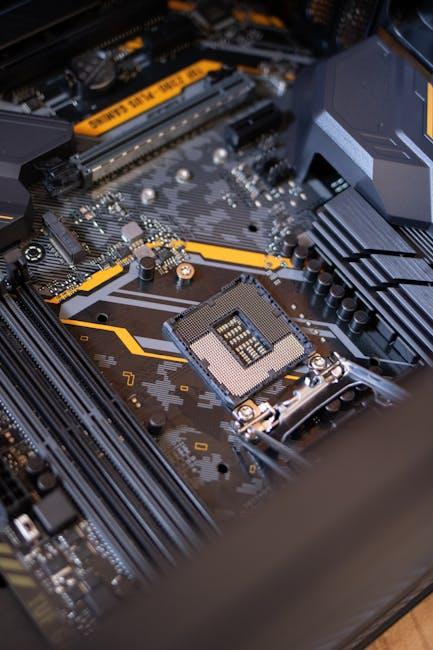In today’s fast-paced digital age, technology is an inseparable part of our daily lives. From the moment we wake up to the time we rest our heads at night, screens and gadgets have become our constant companions. Yet, this incessant engagement with technology has ripple effects on our well-being, particularly on our sleep and circadian rhythms. Curious to know how? In this listicle, we dive into 7 intriguing ways technology impacts your sleep patterns and biological clock. Expect to uncover insights ranging from the unexpected influence of blue light to the sneaky distractions of social media. Whether you’re a tech enthusiast or someone striving for better rest, this guide will help you navigate the digital world without compromising your sleep. So, let’s embark on this enlightening journey and start sleeping smarter!
-
Blue Light Exposure
Digital screens emit blue light, which can interfere with the production of melatonin—a hormone essential for sleep. Reduced melatonin levels can delay sleep onset and disrupt overall sleep quality.
-
Screen Time and Stimulation
Engaging with stimulating content like social media or video games before bed can keep your brain active, making it more difficult to unwind and fall asleep.
-
Disrupted Sleep-wake Cycles
Constant use of technology can lead to irregular sleep patterns. The irregularity in sleep-wake cycles can cause misalignment in your circadian rhythm, affecting your alertness and performance during the day.
-
Electronic Device Notifications
Frequent notifications and alerts from smartphones and other devices can interrupt sleep cycles and reduce sleep quality. Their persistent nature may prevent you from reaching deeper, more restorative stages of sleep.
-
Limited Exposure to Natural Light
Spending excessive time indoors with technology reduces exposure to natural light, which is vital for regulating the circadian rhythm. A lack of natural light can affect mood and energy levels.
-
Sleep Environment Quality
Using technology in bed can create a mentally stimulating environment, making it harder to associate the bed with sleep. A cluttered sleep space with electronic devices could also affect sleep quality.
Healthy Sleep Environment Technology-Rich Sleep Environment Dark, cool room Bright screens Quiet surroundings Notification sounds Minimal distractions Multiple devices -
Mental Health Implications
Technology can contribute to stress and anxiety, both of which are enemies to proper sleep. Higher stress levels can affect the time it takes to fall asleep and reduce the quality of sleep.
Wrapping Up
As we draw the curtains on our exploration of how technology intertwines with our sleep and circadian rhythms, it’s clear that our digital companions are both boon and bane. A realm of endless wonder and convenience on one hand, and a potential disruptor of our sacred rest on the other. Like a double-edged sword, the key lies in how we wield it.
In understanding these seven impactful ways, we empower ourselves to make wiser, more conscious choices—a gentle reminder that balance is our steadfast ally. So, as you navigate the shimmering landscape of screens and devices, remember that embracing harmony between technology and tranquility can lead you to a restful night and a brighter morning.
Sweet dreams and tech-savvy slumbers await. 🌙✨
